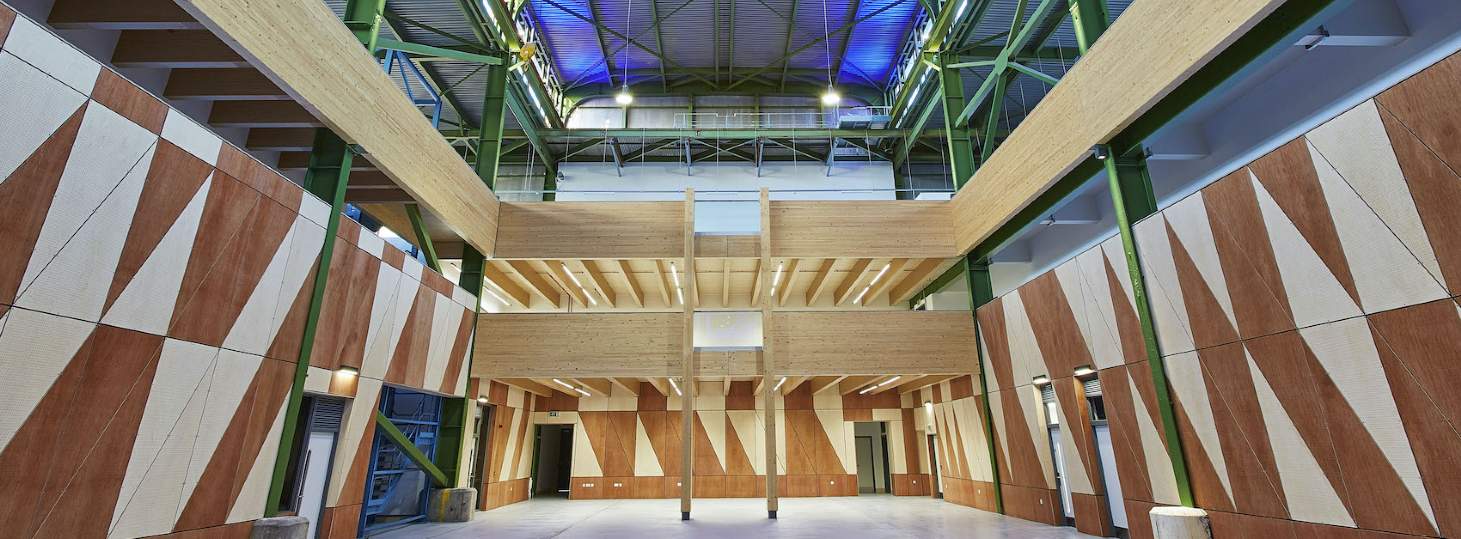In many parts of the world, homes are built the same way today as they were 100 years ago. However, change is beginning to happen in the shape of modern methods of construction (MMC).
MMC is a broad term that covers a range of offsite manufacturing and onsite techniques that provide alternatives to traditional construction and aim to build homes more quickly and efficiently. The use of MMC varies from country to country and many factors have impacted its adoption – namely, the cost and availability of labour, supply shortages and regulatory or government intervention.
In many global markets, the cost of adopting MMC is often higher than traditional construction, which has reduced the incentive to change. However, as the construction industry adapts post Covid-19, we could see an increased take-up.
The speed of delivery and the opportunity to catch-up for lost time will be a factor. The ability to implement social distancing while maintaining higher productivity than on-site construction will also play a part. The efficiency of construction – that is, ensuring minimal material wastage – could also mitigate any increased costs of building materials due to shortages. This could to a degree offset the cost difference for MMC.
Historically, Sweden and Japan have led the charge when it comes to modern construction methods. In Sweden, around 45 per cent of all new homes utilise off-site construction and for single-family homes, it’s closer to 80 per cent. Japan produces the highest number of homes using MMC which equates to 150-180,000 homes per annum.





.jpg)

.jpg)


